
Attention deficit hyperactivity disorder is something millions of people throughout the world deal with on a daily basis. It is a mental disorder that can cause people to suffer from higher than normal hyperactivity and it may lead to impulsive behaviors.
If you or a child suffers from ADHD there is a struggle to focus on a single task or from sitting still for long periods of time. As researchers have learned more about ADHD it has lead to an additional diagnosis of not only children but adults as well. Many adults are diagnosed with the condition as proper ADHD testing and research wasn’t prevalent several decades ago.
Now, there are medications that can help address focus and attention while reducing impulsive behaviors, but many of these medications come with secondary side effects while also impacting a person’s personality. You likely don’t want your own personality to be affected, and if you have a child you won’t want their personality to be stunted either. That is why you may want to look at other ways to help address ADHD.
There are a number of natural ADHD supplements that may help, depending on the severity level. Extreme cases of ADHD may still need the aid of medication, but before you go down that road, you should consider some of these natural supplements instead.
Vitamin D
If you live in a warm-weather climate where you spend a good amount of time outside you may already have the necessary levels of Vitamin D.
However, millions of Americans do not receive the kind of Vitamin D they need to throughout the year. If you live in an area of the country where the weather turns cold you might not be outside as much. Children who spend hours playing video games or watching television also will not receive the kind of Vitamin D they need. This can lead to a number of health concerns.
Now, ADHD is not caused by a lack of Vitamin D, but the symptoms can be reduced with the right level of the vitamin. So if you or your child is not getting outside while the weather is warm do whatever you can to change this. Adding a Vitamin D supplement may also reduce some of the symptoms, so you should consider adding the supplement to the diet.
Research is still in its infancy with regards to how Vitamin D can improve how someone experiences ADHD, but most studies do indicate children with ADHD tend to have a far lower level of Vitamin D in their body than children who do not suffer from the mental disorder.
According to research published in the Iranian Journal of hild Neurology (2015), deficiency of Vitamin D in other psychiatric diseases has been well established, and conducted research indicated children with the disease had near a third less of the vitamin within their body than children in a control group. So adding the supplement to a dietary regimen should help with some symptoms and may boost other supplements taken for ADHD.
Fish Oil
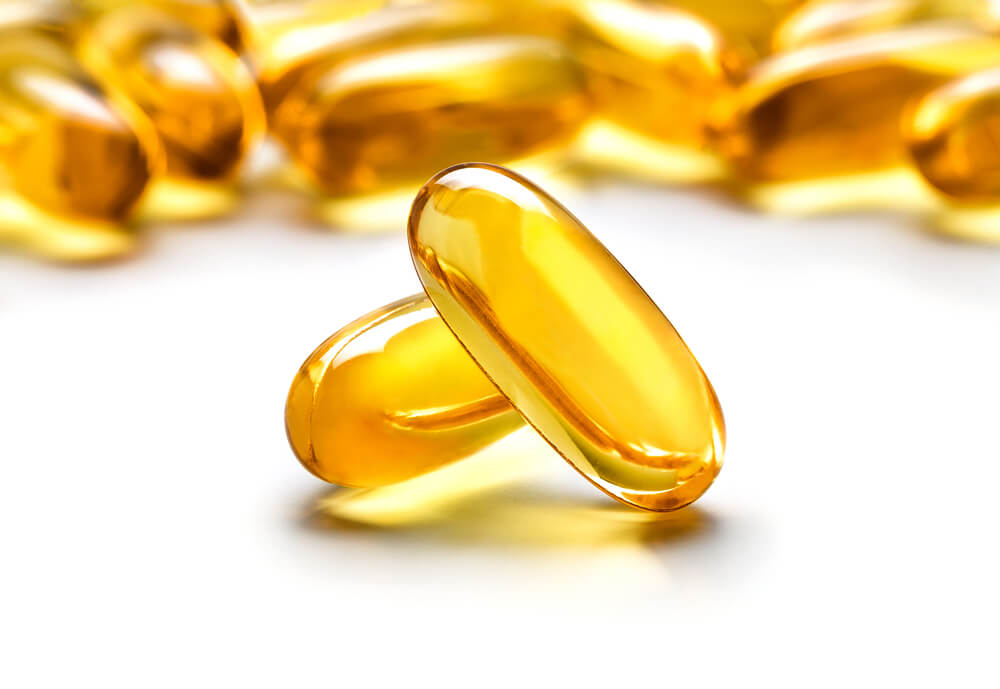
Fish oil is truly a wonder supplement. It helps combat inflammation, which is perfect if you work out and you want your muscles to recover faster.
The omega-3 fatty acids provide your body with a number of other health benefits as well. In terms of helping combat ADHD, it has been proven that omega-3 fatty acids can help reduce hyperactivity and improve attention.
Now, we’re using fish oil as the supplement, but there are other omega-3 fatty acid supplements out there. Krill oil, for example, maybe even more impactful than fish oil. It has a higher consistency of the fatty acids, it just happens to cost far more than what you would pay for fish oil (it also isn’t as widely available as fish oil).
There are different levels of fatty acid fish oil supplements, so when looking through the supplement selection at your local grocery store you may wonder which to go with.
If you have a young child (such as under 10), you’ll want to shoot for a supplement that has around 1,000 mg of the EPA and DHA fatty acids. You can scale this up to 2,000 mg for an adult (so as your child ages you can slowly increase the mg per day).
Generally speaking, you’ll want to skip out on the gummy supplements. Not only do many of these gummy supplements come with coats of sugar, but the desired EPA and DHA levels are not reached.
\According to Children and Adults with Attention-Deficit/Hyperactivy Disorder (CHADD), results from omega-3 fatty acids are modest, but this may be all you’re looking for if you or a child suffers from modest ADHD. You may also see improvements when combined with some of the other natural supplements on this list.
Magnesium
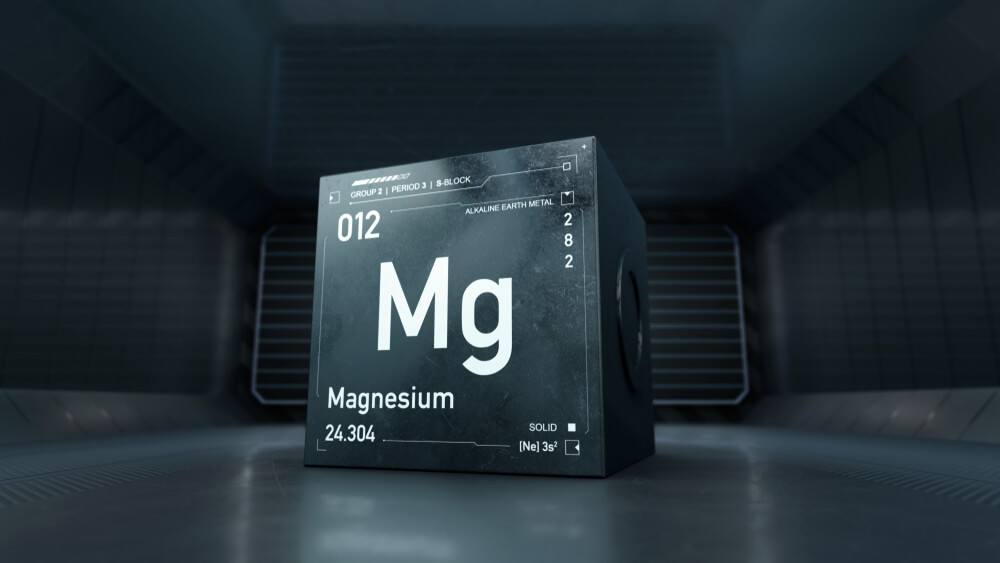
One of the most common symptoms of ADHD is hyperactivity and feeling agitated quickly. In order to help combat this, it is recommended to look at a magnesium supplement. Magnesium has not been directly connected (as of yet) with ADHD.
However, it has been proven to help with hyperactivity. If you or your child does not suffer this symptom you may not need to add magnesium to the diet. However, if hyperactivity is a symptom (which it likely is), it is highly recommended to add the supplement to your diet.
Magnesium can also help with children who currently take ADHD medication. ADHD medication is not constantly in the system. It will have to wear off point. When this happens some children experience what is known as a rebound effect.
The rebound effect occurs when their brain returns to ADHD functionality and basically bounces back from the medicated state to the non-medicated state. Sometimes the brain can overcompensate for this, which makes the rebound that much more noticeable. If you have a child who demonstrates these symptoms and the rebound effect it is a good idea to consider using magnesium to reduce this effect.
When choosing magnesium supplements you should pick out one that is combined with Vitamin B6. B6 helps improve the body’s absorption of magnesium.
According to the International Society for the Development of Research on Magnesium, during a clinical trial children suffering from ADHD between the ages of 7 and 12 were given 200 mg of magnesium (with B6) a day for six months.
At the conclusion of the six-month trial, it was determined the children who took the supplement experienced a reduction in hyperactivity when compared with children of a control group who did not take the magnesium supplement.
Ginkgo Biloba
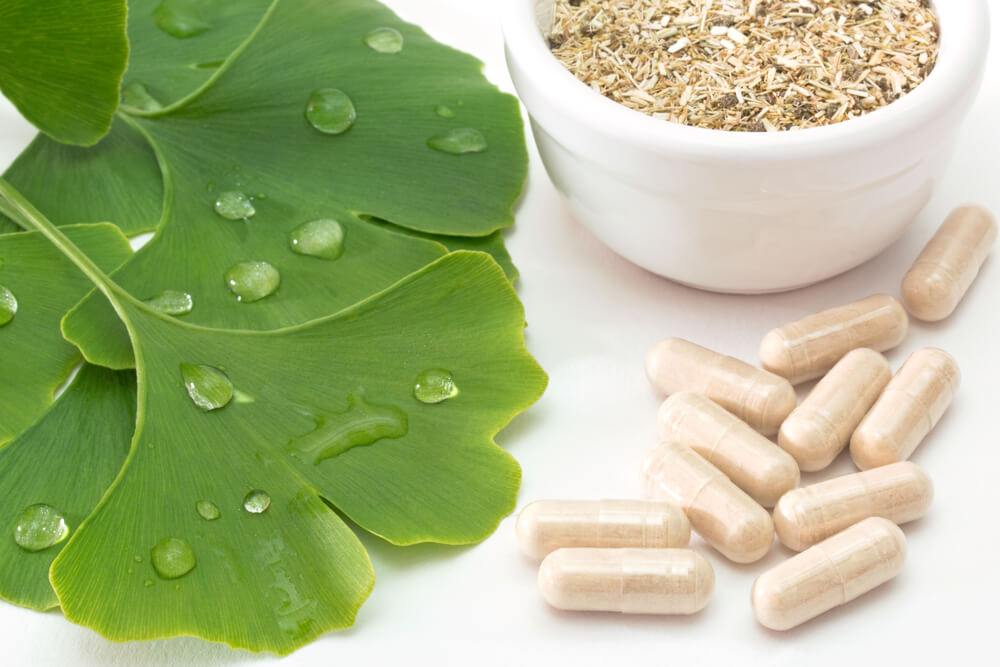
This supplement has long been known for its ability to improve cognitive capability. It also helps children who suffer from ADHD. According to the ADDitude Organization, during a recent trial, children suffering from ADHD partook in a double-blind, randomized study where some children added ginkgo to their diet while others took a placebo.
Those who took the supplement experienced a boost in their response rate and saw an improvement in their attention span (although it did not reduce their hyperactivity). It is recommended to take 60 mg of the supplement twice a day to fully experience the benefits of the supplement.
Iron
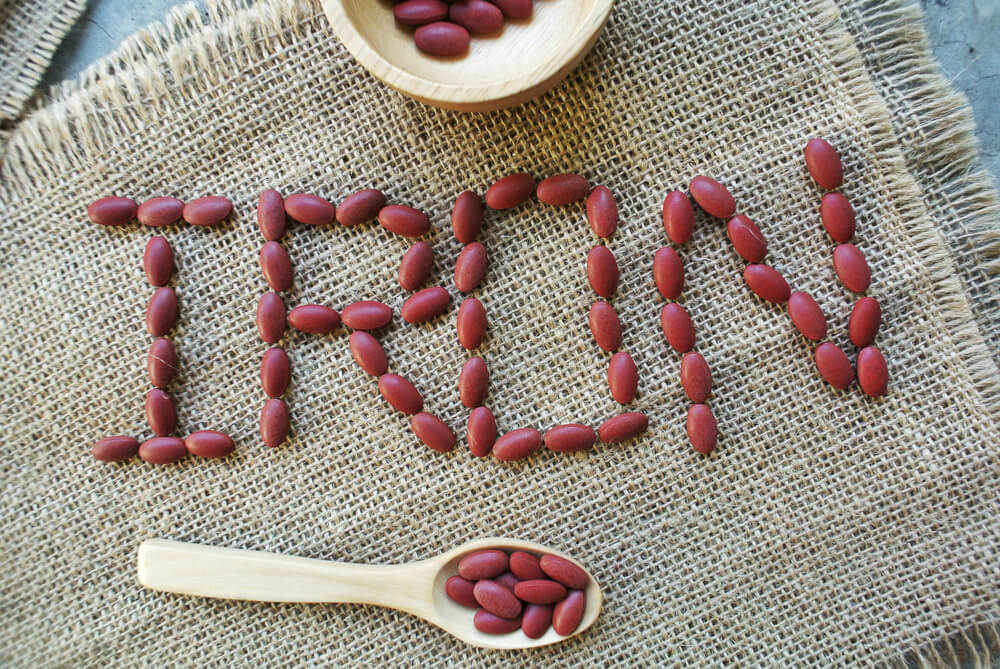
Iron is an extremely important supplement when it comes to brain function and activity. Found in the body’s bloodstream, without iron the brain is unable to process information as quickly.
Additionally, individuals who suffer from ADHD tend to suffer from a lack of iron, which may be one reason why it is difficult to focus on one specific task without getting up and needing to do something else (or losing interest). The addition of iron into the diet may help improve brain function and assist in boosting focus.
One thing to keep in mind though is iron is something you need to measure before taking the supplement. Your body can have too much iron, which will cause other side effects and problems. You need to know what kind of iron level is in the bloodstream before adding it to your diet. So while the other supplements are easy enough to add to your diet, you should consult with your primary healthcare provider about a blood test.
During an iron blood test, doctors will look for a handful of readouts.
The first is they will test for hemoglobin and hematocrit, which is the overall level of iron in red blood cells. While these levels are typically normal in those who suffer from ADHD, it is the levels of ferritin that are lower in ADHD individuals. Ferritin is the measurement of circulating iron.
Iron in the blood is important, but it also needs to circulate and not lay dormant. According to the ADDitude Organization, children with ADHD typically had a level of 22 ferritins in their bloodstream, which is half that of children who do not suffer from ADHD.
When asking for an iron level test, make sure your doctor does look at the ferritin levels and not just hemoglobin and hematocrit.
In Conclusion
Few people want to go onto medication if they can avoid it. If you or a loved one has been diagnosed with ADHD you’ll probably want to do what you can to address the symptoms without impacting personality.
These natural supplements may exactly what you’re looking for. Now, it is recommended to discuss the supplements with your doctor, especially if you have other health conditions, dietary restrictions, or you’re already taking other medication as some supplements may counteract the benefits of the other medications.
Whatever the case may be, if you and your doctor believe it’s an avenue worth checking out these natural supplements may end up being all that is needed to improve ADHD symptoms and to allow all parties involved to live a healthy, normal life.
-Terry Asher
Terry Asher
Latest posts by Terry Asher (see all)
- Better Family – Product Review Liquid Daily 2 oz - Dec 16, 2024
- Post-Workout Recovery: The Key to Optimal Performance - Nov 25, 2024
- Pre-Workout Supplements – Everything You Need To Know - Nov 18, 2024




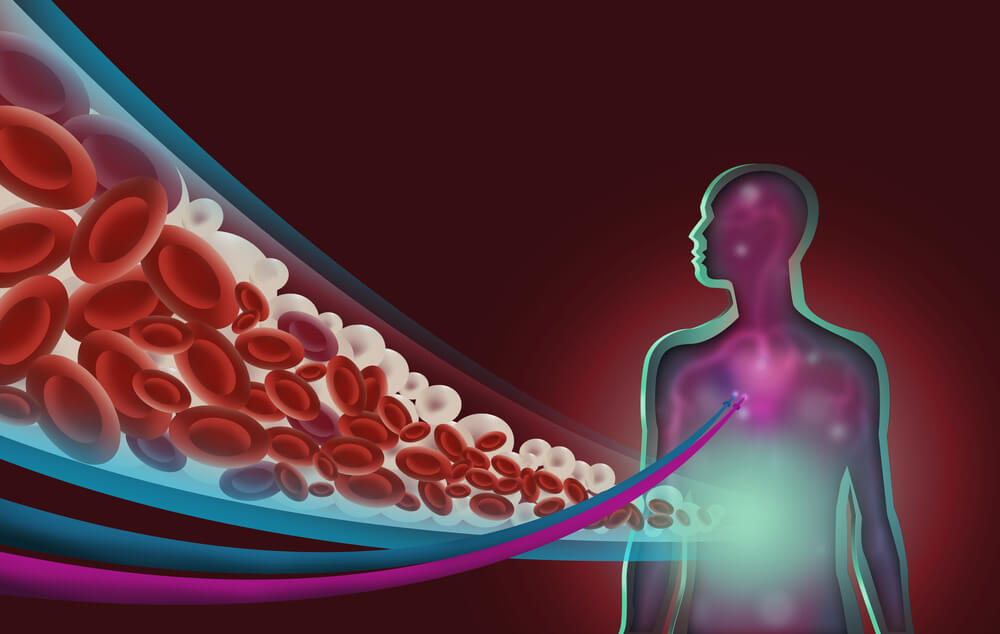







[…] Source link […]
[…] Source link […]
[…] Source link […]
[…] Read The Entire Article By Terry Asher Here. […]
[…] Source link […]
[…] Tired of post-workout soreness and cramps? You’re probably not getting enough magnesium. Magnesium will help you to balance your electrolytes, absorb oxygen, and generally help the muscles relax so […]